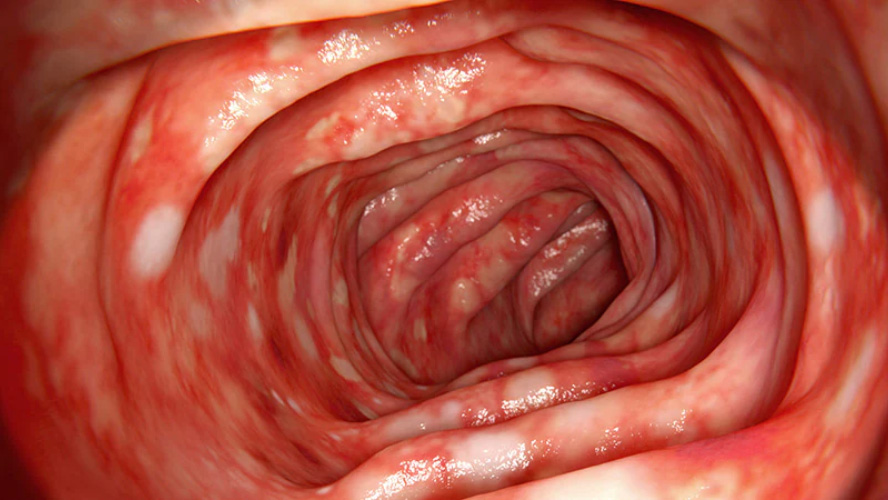Key Insights:
- The phase 3 VIVID-1 study demonstrated that mirikizumab significantly improves clinical and endoscopic outcomes in patients with moderate to severe Crohn’s disease compared to placebo. At 52 weeks, 48.4% of patients in the mirikizumab group achieved endoscopic response, and 54.1% reached clinical remission on the Crohn’s Disease Activity Index (CDAI), both statistically significant compared to the placebo group.
- Mirikizumab’s safety outcomes were consistent with its known profile. Treatment-emergent adverse events occurred in 78.6% of patients in the mirikizumab group versus 73.0% in the placebo group. Serious adverse events were less frequent in the mirikizumab group (10.3%) compared to the placebo group (17.1%). The most common adverse events were COVID-19, anemia, and arthralgia.
- The study highlighted that mirikizumab is effective in patients who have failed previous biologic therapies. The efficacy was consistent across bio-naive patients and those previously exposed to biologics, underscoring the potential of IL-23 targeting therapies for Crohn’s disease patients with prior biologic failures.
Mirikizumab shows promise as an effective treatment for moderate to severe Crohn’s disease, with significant improvements in clinical and endoscopic outcomes and a manageable safety profile. Its efficacy in patients with prior biologic failure highlights its potential as a valuable option in Crohn’s disease management.



